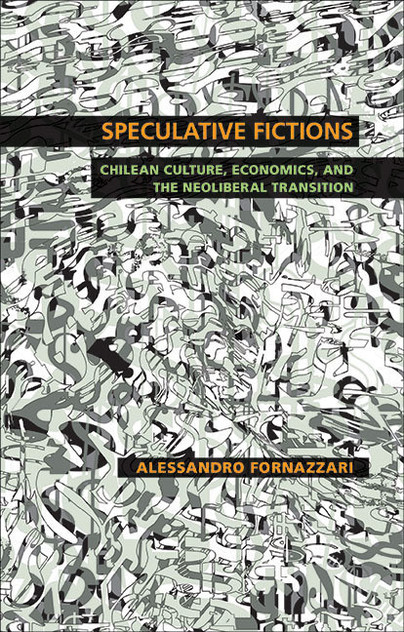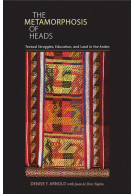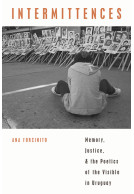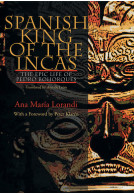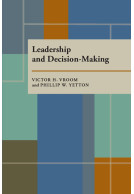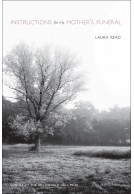Google Books previews are unavailable because you have chosen to turn off third party cookies for enhanced content. Visit our cookies page to review your cookie settings.
Speculative Fictions (Paperback)
Chilean Culture, Economics, and the Neoliberal Transition
Imprint: University of Pittsburgh Press
Series: Illuminations
Pages: 168
ISBN: 9780822962335
Published: 7th May 2013
Script Academic & Professional
Series: Illuminations
Pages: 168
ISBN: 9780822962335
Published: 7th May 2013
Script Academic & Professional
This book will be reprinted and your order will be released in due course.
You'll be £37.00 closer to your next £10.00 credit when you purchase Speculative Fictions. What's this?
+£4.99 UK Delivery or free UK delivery if order is over £40
(click here for international delivery rates)
Need a currency converter? Check XE.com for live rates
(click here for international delivery rates)
Need a currency converter? Check XE.com for live rates
Speculative Fictions views the Chilean neoliberal transition as reflected in cultural production from the postdictatorship era of the 1970s to the present. To Alessandro Fornazzari, the move to market capitalism effectively blurred the lines between economics and aesthetics, perhaps nowhere more evidently than in Chile. Through exemplary works of film, literature, the visual arts, testimonials, and cultural theory, Fornazzari reveals the influence of economics over nearly every aspect of culture and society. Citing Karl Marx, Michel Foucault, Walter Benjamin, Willy Thayer, Milton Friedman, and others, Fornazzari forms the theoretical basis for his neoliberal transitional discourse as a logical progression of capitalism. Fornazzari identifies Casa de campo, Jos\u00e9 Donoso’s allegory of the military coup of 1973 and the ensuing monetary crisis, as a harbinger of transitional texts, challenging them to explore new forms of abstraction. Those forms are explored in the novels Oir su voz by Arturo Fontaine and Mano de obra by Diamela Eltit, where Fornazzari examines divergent views of workers in the form of neoliberal human capital or post-Fordist immaterial labor. In documentaries by Patricio Guzm\u00e1n and Silvio Caiozzi, he juxtaposes depictions of mass mobilization and protest to the mass marketing of individual memory and loss, claiming they serve as symbols of the polarities of dictatorship and neoliberalism. Fornazzari then relates the subsuming of the individual under both fascism and neoliberalism by recalling the iconic imbunche (a mutilated figure whose orifices have been sewn closed) in works by Donoso and the visual artist Catalina Parra. He continues the theme of subsumption in his discussion of the obliteration of the divide between physical labor and intellectualism under neoliberalism, as evidenced in the detective novel A la sombra del dinero by Ram\u00f3n D\u00edaz Eterovic.In these examples and others, Fornazzari presents a firmly grounded theoretical analysis that will appeal to Latin Americanists in general and to those interested in the intersection of economics and culture. The Chilean experience provides a case study that will also inform students and scholars of neoliberal transitions globally.
Other titles in the series...
Other titles in University of Pittsburgh Press...







